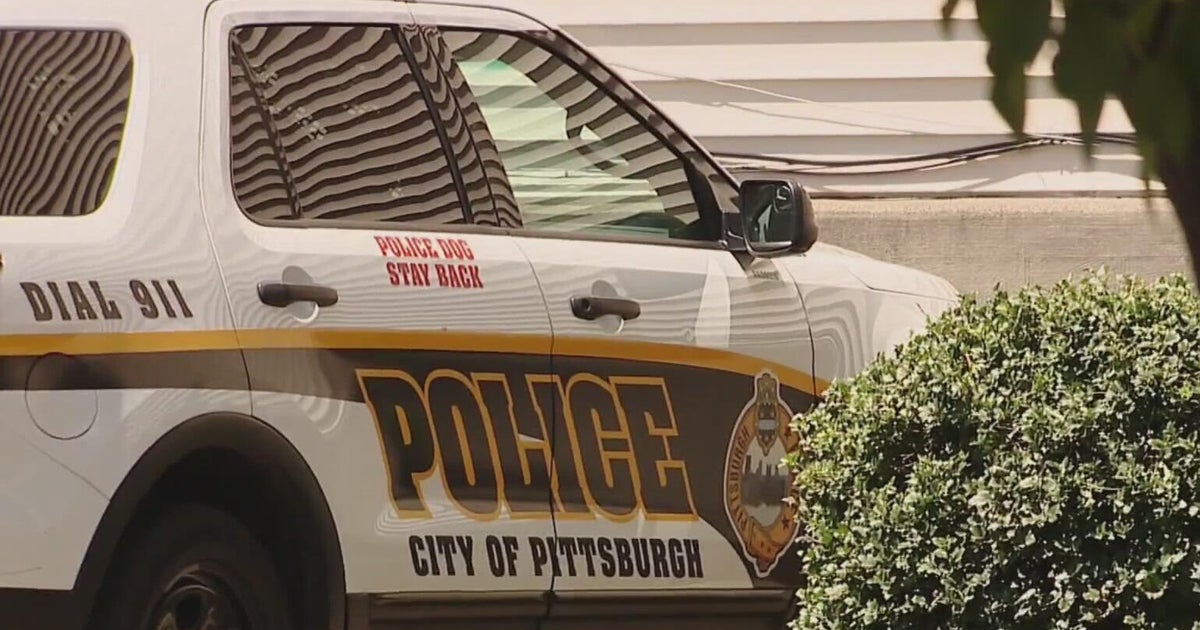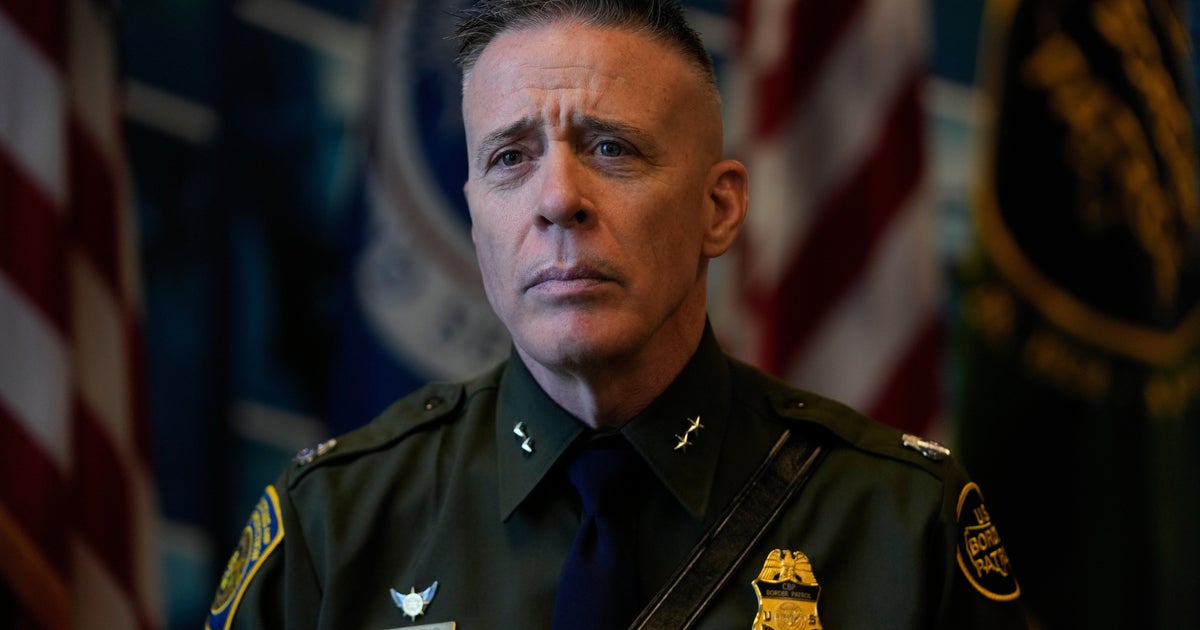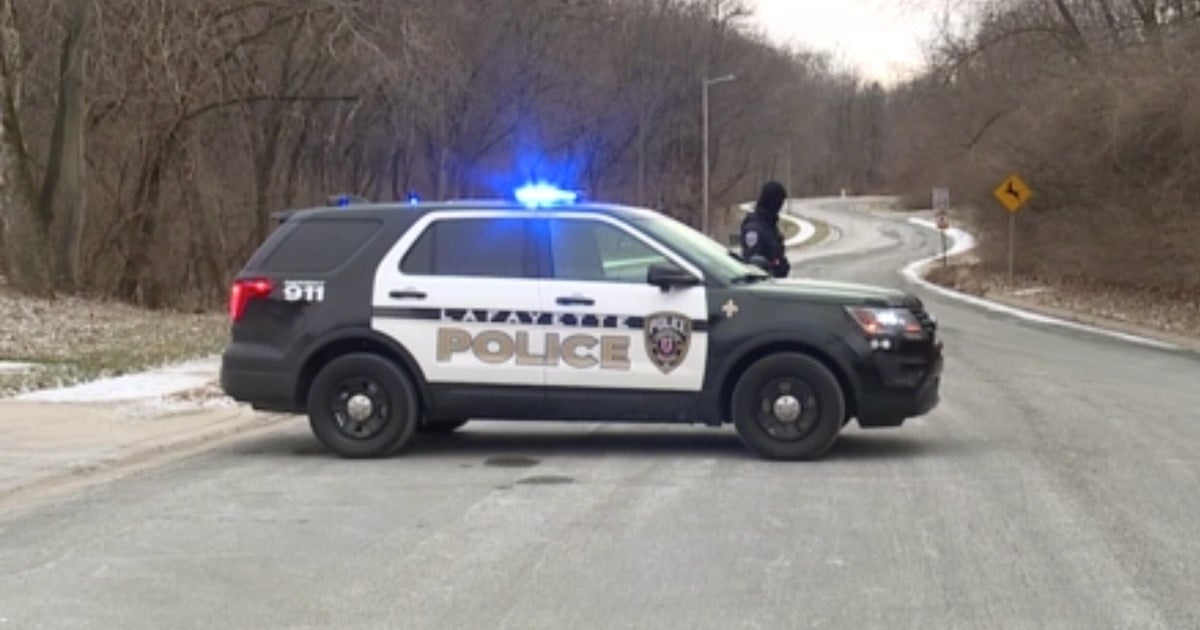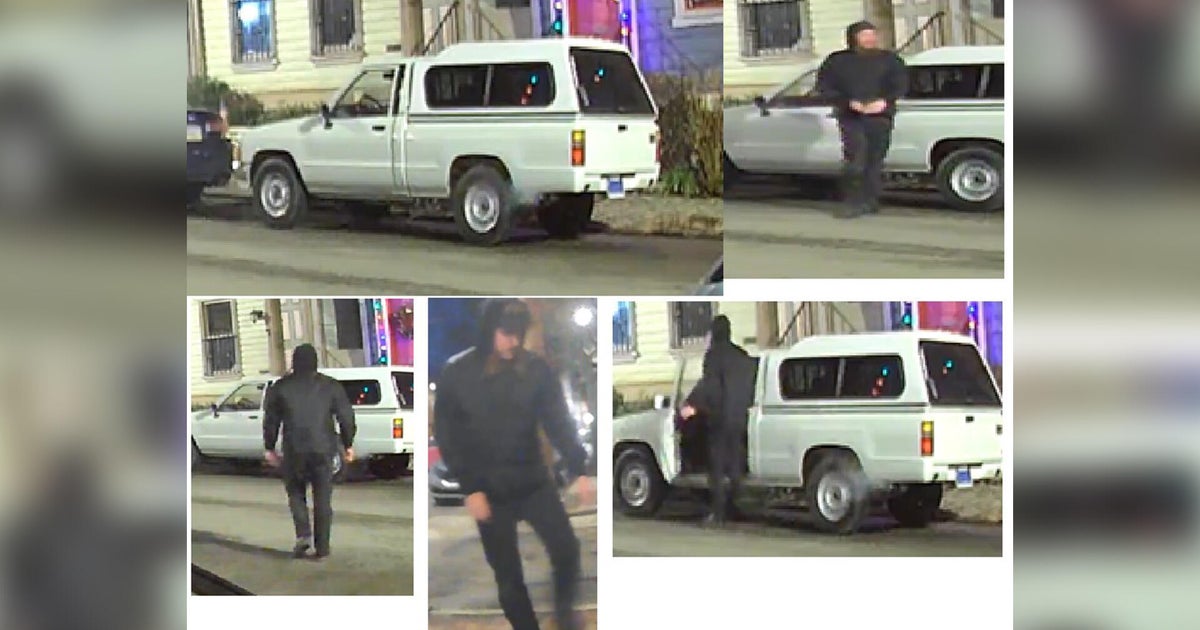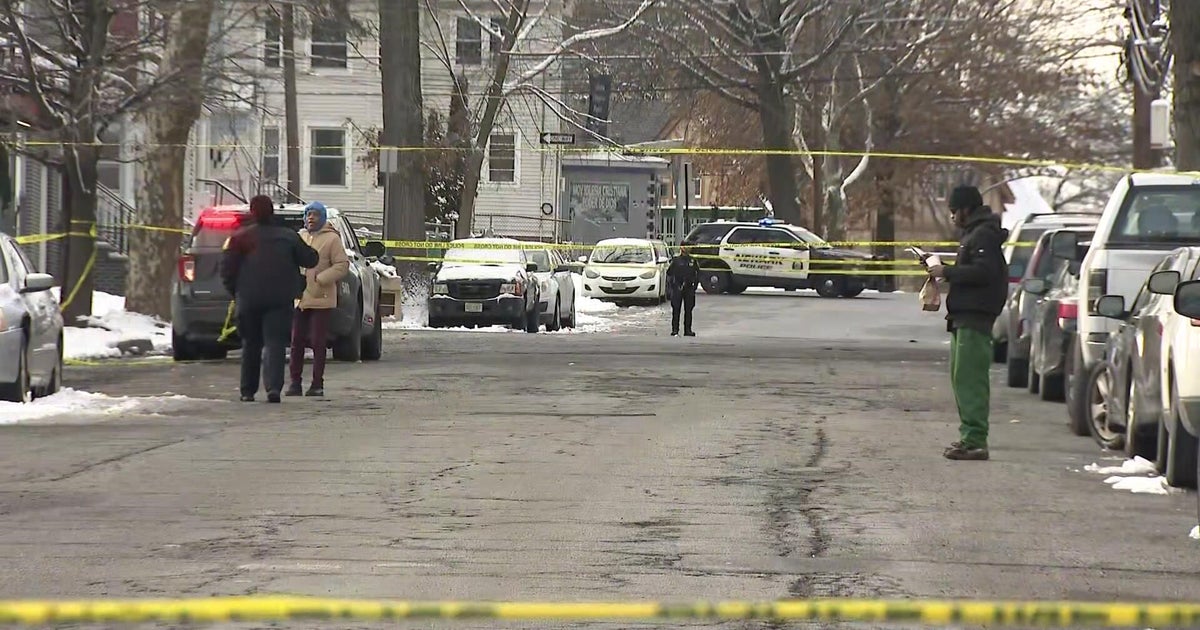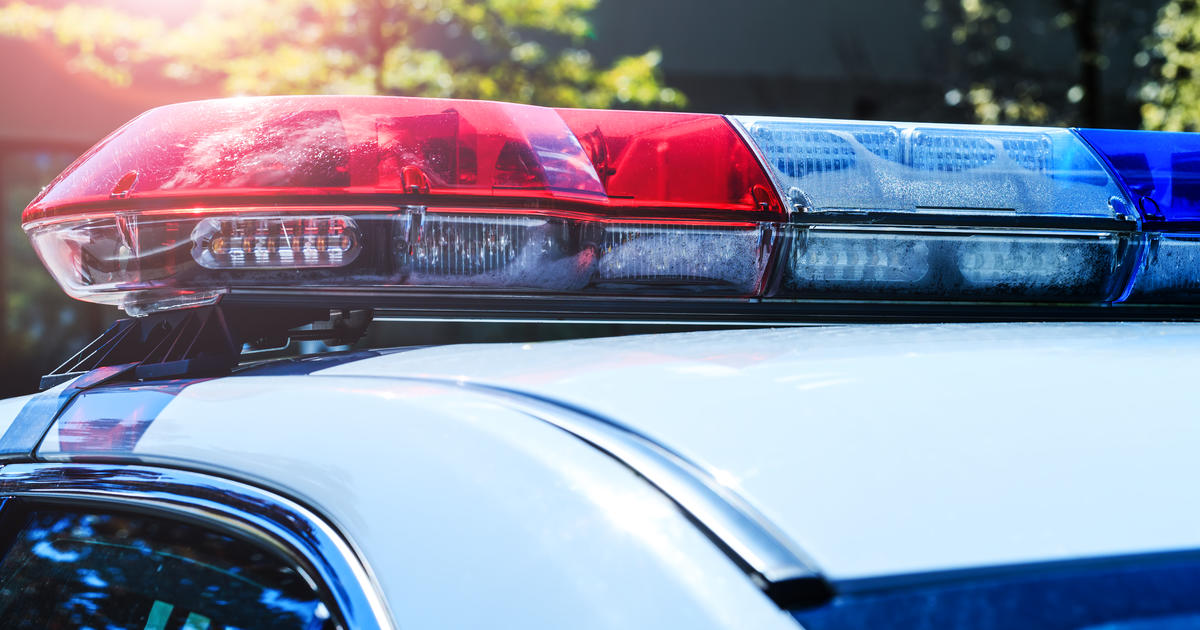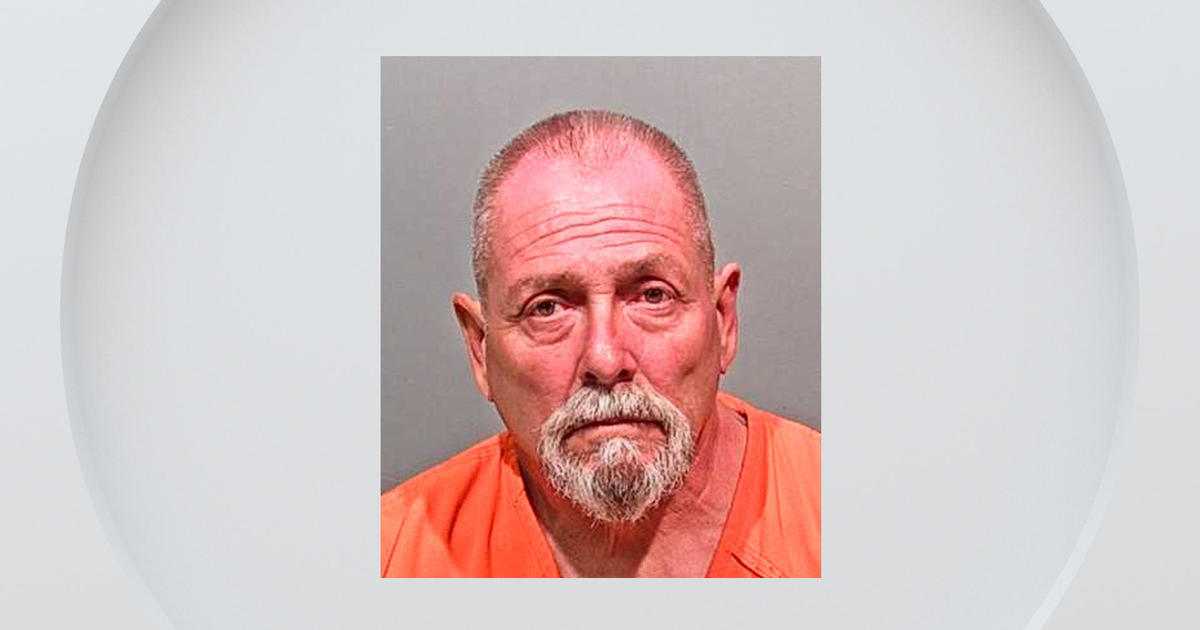Jury breaks deliberations to ask a question of the judge in Pittsburgh synagogue shooting trial
UPDATE: The jury found Robert Bowers, the man accused of shooting and killing 11 people at a Pittsburgh synagogue, guilty on all 63 counts. Find the latest here.
PITTSBURGH (KDKA) -- Jurors will return to the federal courthouse this morning to resume deliberations over the guilt of the accused gunman in the Pittsburgh synagogue shooting where 11 worshippers were killed in the deadliest antisemitic attack in U.S. history.
Jurors got the case yesterday afternoon and deliberated for nearly three hours before being sent home.
If the jury finds Robert Bowers guilty, there will be a one week break before the sentencing phase begins.
That's where prosecutors will argue the death penalty is warranted, while the defense argue that the gunman's life should be spared.
The 10.27 Healing Partnership says they're offering support to the community daily through the court proceedings.
"Because what we've seen through this field phase is really a horrific act of antisemitism," Maggie Feinstein said. "Jews from all over have felt the vicarious trauma of the event and people who truthfully worship in any house of worship and understand the violation that happened have been coming much more. We see a lot more people in our offices. We have drop-in counseling, we invite people to come."
Jury returns to ask a question
Not long after the jury reconvened to resume deliberations, the jurors broke to return to the courtroom in order to ask the judge a question.
The jury wrote their question about counts 40-47 which involve survivors Carol Black, Joseph Charny, Martin Gaynor, Audrey Glickman, and the injured officers Anthony Burke, Timothy Matson, Daniel Mead, John Persin, and Michael Smidga.
The counts include: Obstructing by force the free exercise of beliefs, attempting to kill, and others.
The jury wanted to know for the "attempting to kill" section of the charges - did Bowers need to know the people were there or see the people involved?
For example, the jury will need to decide if Bowers attempted to kill Carol Black. She was hiding in a room with a victim and when that victim peeked through the doorway, he was shot point-blank in the chest.
Then the gunman went into the dark room where Black was hiding with another victim but because it was so dark, Bowers did not see them and they survived.
The judge is going to tell the jury that when it comes to intent to kill, the requirements do not include seeing or knowing. He pointed them to review the elements of attempting to kill.
The defense argued that you do need to see and know, saying if you put a bomb in a random car and didn't see or know who would eventually get into the car and eventually get blown up, it would not constitute an intent to kill but some reckless charge.
The judge overruled that.
The jury now has a second question and we will update this story as soon as we know more.
Recapping the trial
As testimony wrapped up during the third week of the trial, prosecutors focused on social media posts by the accused gunman with the CEO's of HIAS and the social media site Gab each called to the stand.
In the first two weeks of trial, the prosecution has been fulfilling its burden of proving the defendant is responsible for the deaths of 11 people and the wounding of several others. And while there is little doubt of that, the government has another aim: showing he willfully, knowingly and brutally slaughtered innocent people -- a hate crime based on their religion -- and that his actions merit the death penalty.
To that end, the government has focused on the human toll, presenting the heart-wrenching testimony of survivors of the attack who witnessed the brutal slaying of their fellow congregants and narrowly escaped death themselves. The government did not spare the jury graphic images -- crime scene and autopsy photos -- saying they were necessary to establish the "force" and "malice" of the defendant who shot the defenseless victims at close range with an AR-15 military-style rifle.
"It's necessary for the very purpose of this whole proceeding which is to move this jury to the death penalty," said Bruce Antkowiak, a law professor at St. Vincent College.
With the first of police witnesses, close to a dozen officers testified they did not hesitate and went immediately and directly into the building and towards the gunfire -- several paying a heavy price for their valor. The alleged gunman is charged specifically with causing bodily injury to safety officers. The government will later argue the death penalty is merited on all these accounts.
Jurors heard testimony Tuesday about the alleged gunman's social media presence, which prosecutors said shows his hatred for Jews.
Evan Browne, a tactical analyst with the FBI, took to the witness stand Tuesday, reading hundreds of posts that investigators say the gunman published to Gab.com, some with hundreds of "likes."
Support is available for those in need during the trial
If you or someone you know is experiencing mental health effects from the trial, go to 1027healingpartnership.org to find help resources. As always, call 911 to report threats.
Phone: 412-697-3534
Email: info@1027HealingPartnership.org
Website: 1027healingpartnership.org
More resources can be found here.
